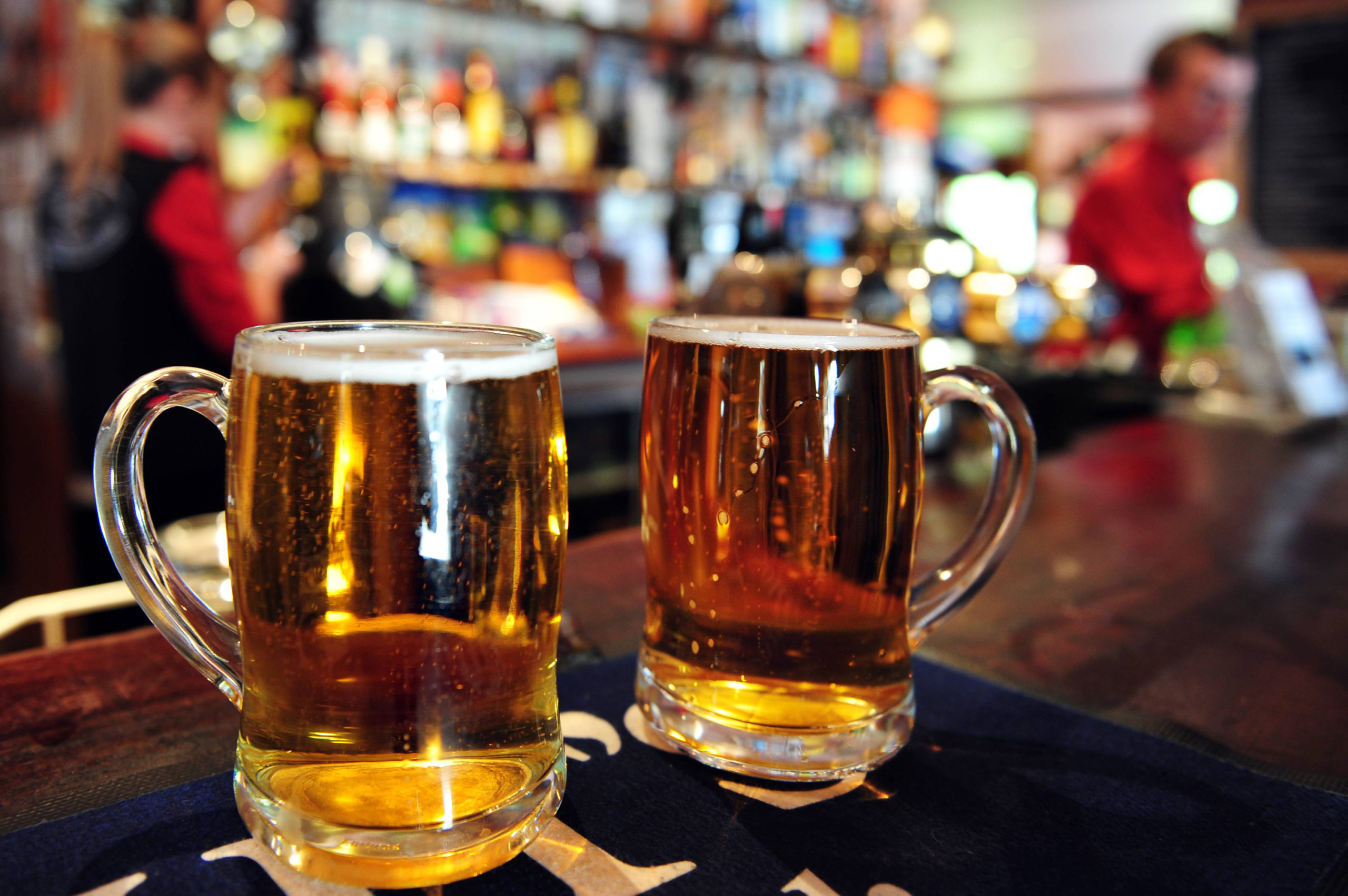There is a shortage of beer and some alcoholic beverages in Koforidua the Eastern regional capital.
The shortage is attributed to increasing consumption in the festive season while supply is not forthcoming.
According to some bar operators, they are waiting for supplies particularly the beer.
Individuals organizing private parties are also struggling to get alcoholic beverages.
The prevalence of alcohol consumption in Ghana is estimated to be 26.8% of the population. The proportion of students who currently consumed alcohol was 25.81%. More males (33.67%) consumed alcohol compared to females (17.91%), and the average age at first consumption of alcohol was 18.67 years.
Ghana launched a National Alcohol Policy after years of working with key stakeholders to combine the fragmented laws that exist on the production, distribution sale, advertisement, and consumption of the commodity.
According to the Ministry of Health, the 33-page document sets out a policy direction aimed at regulating the production, distribution sale, advertisement, and consumption of alcohol, to minimize the negative impact of its consumption on the individual, family, and society as a whole.
It was also to encourage and promote abstinence, reduce harmful alcohol consumption, follow global best practices, and inspire the government to lead in ensuring total compliance.
The Policy identifies major propriety areas for the reduction of alcohol-related harms, and takes cognizance of data and information available from the World Health Organisation (WHO), and recognizes best buy areas in reducing associated harm such as increased taxation, regulating availability and marketing and drink driving countermeasure.
Other areas of focus include prevention and management of health effects and social services actions; surveillance, research, monitoring, and evaluation; drink-driving measures and capacity building, and also using locally designed cultural and social interventions in reducing these alcohol-related harms.
The Policy was launched in Accra on Friday, March 16, 2019, by the Ministry of Health (MOH) in collaboration with the WHO and the Baraka Policy Institute (BPI), a Think Tank established to promote social justice and national development.
Source: Mybrytfmonline.com/Obed Ansah




















































